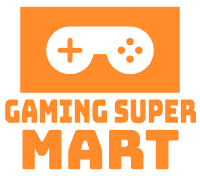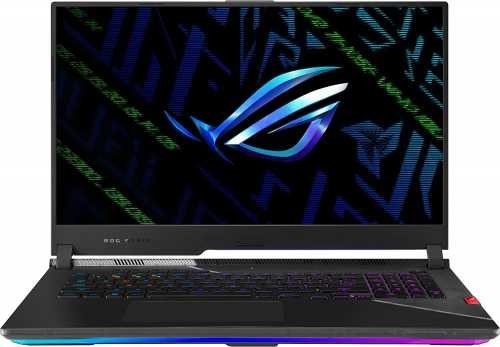In recent years, the gaming industry has witnessed significant growth, attracting both gamers and game developers alike. Game development is a demanding process that requires powerful hardware and software to bring imagination to life. While desktop computers have been the traditional choice for game development, the advancements in technology have made gaming laptops a viable option for this creative pursuit. In this article, we will explore whether gaming laptops can be used for game development, their advantages, limitations, and essential tips to optimize their performance during the development process.
Understanding Gaming Laptops
Gaming laptops are specifically designed to handle resource-intensive gaming applications. They come equipped with high-performance hardware components, such as powerful processors, dedicated graphics cards, and ample RAM. These components ensure smooth gameplay and immersive visuals for gamers.
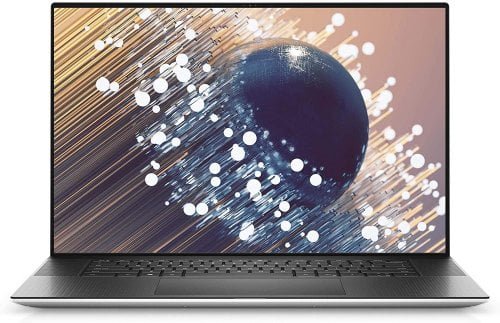
Game Development Requirements
Game development involves coding, designing, testing, and optimizing various elements of a game. The process demands significant processing power, memory, and graphics capability to handle complex algorithms and render high-quality graphics.
- Processing Power: Game development software, especially game engines, requires substantial processing power to compile code, handle physics simulations, and manage game logic.
- RAM and Storage: Running game development software simultaneously with resource-heavy assets requires sufficient RAM and fast storage solutions to ensure smooth operation.
- Graphics Capability: Game developers need a powerful graphics card to render and visualize complex 3D models, textures, and visual effects.
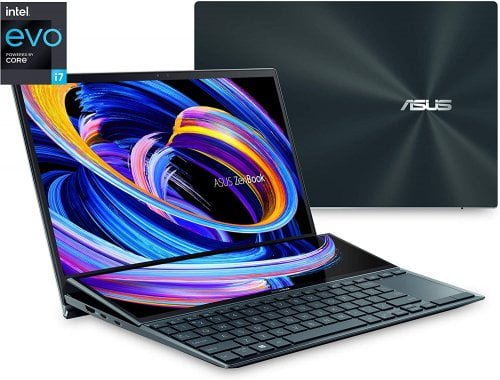
Gaming Laptops for Game Development
Advantages:
- Portability: One of the most significant advantages of gaming laptops for game development is their portability. Game developers can work on their projects from anywhere, be it their home, office, or while traveling.
- All-in-One Solution: Gaming laptops come pre-configured with powerful hardware, removing the need for users to assemble components separately.
- Space-Saving: For developers with limited space, a gaming laptop can serve as a space-saving alternative to a desktop setup.
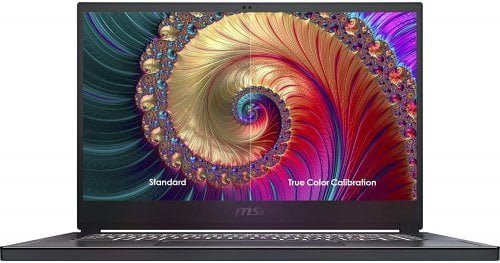
Limitations:
- Heat Management: Gaming laptops generate a considerable amount of heat during resource-intensive tasks, potentially affecting performance.
- Upgradability: Unlike desktops, which offer easy upgradability, most gaming laptops have limited upgrade options.
Software and Tools for Game Development
Game developers use various software and tools to create games. These include:
- Game Engines: Game engines like Unity and Unreal Engine provide a framework for game development, offering tools for coding, rendering, and testing.
- Development Environments: IDEs (Integrated Development Environments) like Visual Studio and Xcode facilitate the coding process, ensuring efficiency and accuracy.
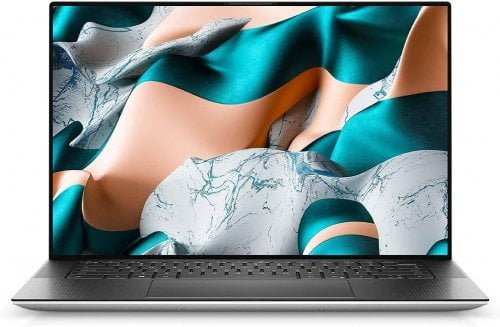
Tips for Optimal Game Development on Laptops
- Cooling and Performance Management: To address heating issues, invest in a good cooling pad or external cooling system to keep the laptop’s temperature in check.
- External Accessories: Consider using external peripherals such as a larger monitor, keyboard, and mouse for improved comfort and productivity.
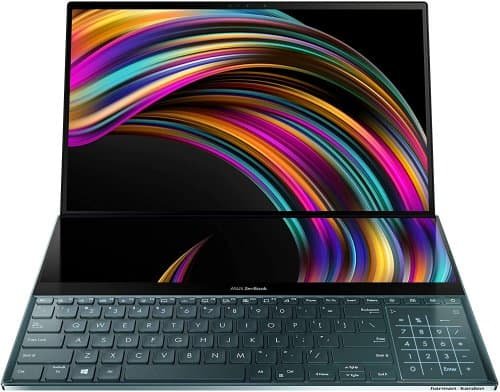
Comparison with Desktops
Gaming laptops offer great convenience and mobility, but desktops still have some advantages in game development. Desktops can be more easily customized and upgraded, allowing developers to tailor their systems for specific needs.
Real-Life Success Stories
Many successful indie game developers have created award-winning games using gaming laptops. Their stories inspire others to take up game development using these powerful machines.
Can I use a gaming laptop for both gaming and game development?
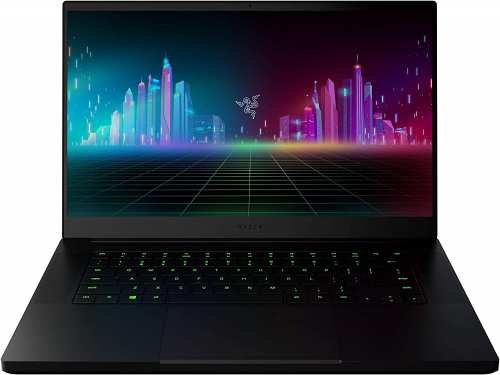
Yes, gaming laptops are designed to handle both gaming and game development tasks effectively.
Can I upgrade the graphics card of a gaming laptop?

Most gaming laptops have non-upgradable graphics cards, so it is essential to choose one with the desired specifications.
How much RAM do I need for game development?
For game development, a minimum of 16GB RAM is recommended, although higher capacities can further enhance performance.
Can I use a gaming laptop for VR game development?
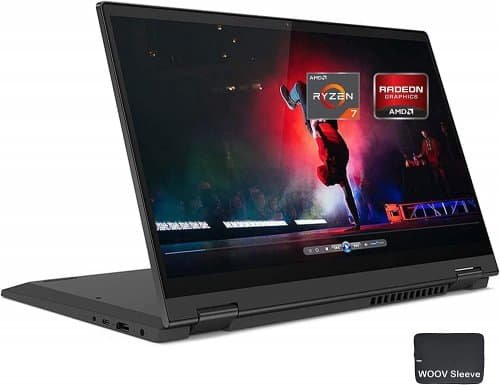
Yes, some gaming laptops are VR-ready and can support VR game development.
Are gaming laptops suitable for professional game development studios?
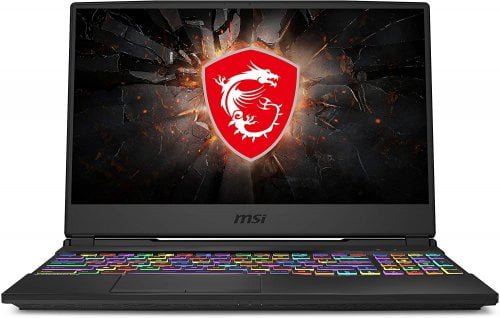
While gaming laptops can be useful for independent developers, professional studios usually prefer high-end desktop setups for their scalability and customization options.
Conclusion
Gaming laptops can indeed be used for game development, providing developers with a portable and powerful solution to bring their creative visions to life. However, it is crucial to consider their limitations and take necessary measures for optimal performance. With the right approach, gaming laptops can prove to be versatile tools in the hands of aspiring game developers.
